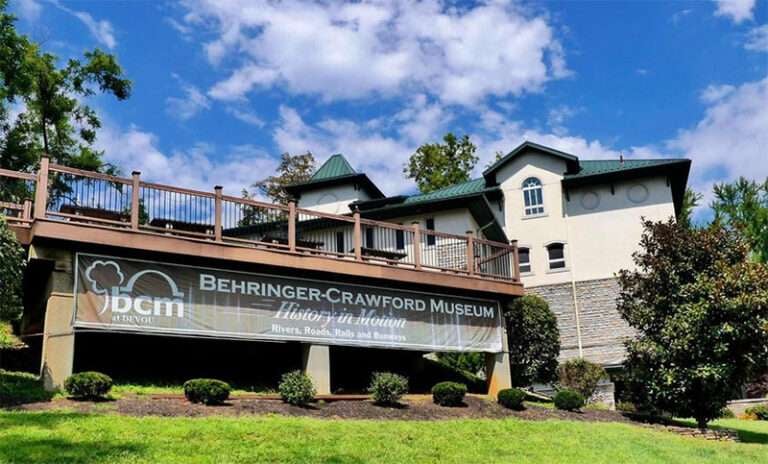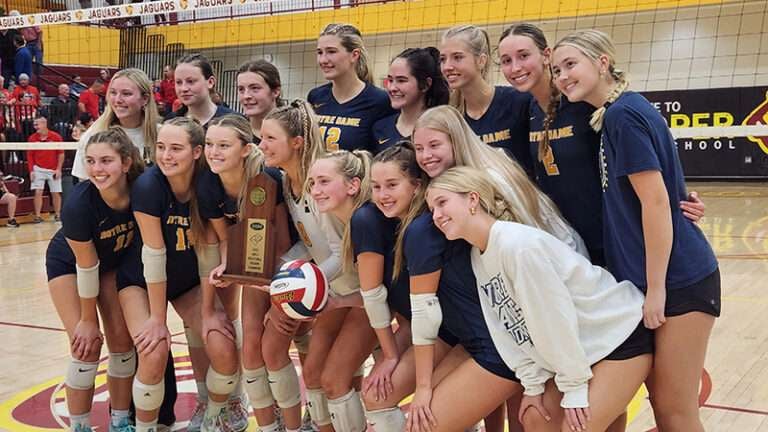Although I hadn’t seen Lou Johnson for years, I still considered him a friend, mostly because we shared a special time in our lives. This would have been the mid-1960s, when Lou was playing baseball for the Los Angeles Dodgers and I was an aspiring sportswriter in his hometown of Lexington. I made sure he got properly recognized by the afternoon Lexington Leader.
Apparently his family never forgot that, so one of his nieces, LeChrista Finn, called me last week to tell me Lou had passed away the previous night in Los Angeles at the age of 86. That saddened me, but it brought back a rush of memories.
A professional since 1953, Lou enjoyed only a couple of cups of coffee in the major leagues before 1965, when the Dodgers called him up from their Spokane, WA, farm team to replace star outfielder Tommy Davis, who had suffered a broken leg.
 Billy Reed is a member of the U.S. Basketball Writers Hall of Fame, the Kentucky Journalism Hall of Fame, the Kentucky Athletic Hall of Fame and the Transylvania University Hall of Fame. He has been named Kentucky Sports Writer of the Year eight times and has won the Eclipse Award three times. Reed has written about a multitude of sports events for over four decades and is perhaps one of the most knowledgeable writers on the Kentucky Derby. His book “Last of a BReed” is available on Amazon.
Billy Reed is a member of the U.S. Basketball Writers Hall of Fame, the Kentucky Journalism Hall of Fame, the Kentucky Athletic Hall of Fame and the Transylvania University Hall of Fame. He has been named Kentucky Sports Writer of the Year eight times and has won the Eclipse Award three times. Reed has written about a multitude of sports events for over four decades and is perhaps one of the most knowledgeable writers on the Kentucky Derby. His book “Last of a BReed” is available on Amazon. His time had come. The rest of that season, he hit .259 with 12 homers and 58 runs batted in. When Dodger ace Sandy Koufax threw a perfect game against the Cubs on Sept. 9, 1965, Johnson scored the only run in the 1-0 victory. He walked, went to second on a sacrifice bunt, stole third, and scored on a throwing era by Cubs catcher Chris King.
I didn’t know Lou was from Lexington until Coach S.T. Roach told me that Lou had played for him at Dunbar High School. Mr. Roach gave me the phone number of Lou’s mother, Mary E. Johnson, who still lived in Lexington. I went to her home to interview her and take her photo for The Leader.
“I always took him to Cincinnati to see Jackie Robinson play,” Mrs. Johnson said. “The Dodgers always were my favorite team, and I wanted Louis to grow up to be just like him. I told him I wanted to see him in a Dodger uniform before I died.”
In the ’65 World Series, Lou homered off Jim Katt of Minnesota to help the Dodgers to a 2-0 victory in the final game, in which Koufax allowed only three hits and struck out 10. He circled the bases jumping gleefully.
And just like that, Johnson became a Dodger legend.
He came home shortly after the Series, and Lexington’s black community held a parade for him. I remember it moving down the main street in Lexington’s black neighborhoods, but I can’t remember it going through the downtown business area. That was possible, considering Lexington’s racial climate at that time.
That was the first time I met Lou – or “Sweet Lou,” as he was known to Dodger fans – and he let me ride in the front seat of his convertible so I could take photos of him. As he to the people who lined the street. I noticed that he was missing part of an ear. Lou told me it happened in a bus accident early in his career.
The 1966 season was the best of Lou’s big-league career. With Tommy Davis reclaiming his position in left field, Lou moved to right, where he hit .272 with 17 homers and 73 RBI. The Dodgers again won the National League pennant, but lost to the Baltimore Orioles of Frank and Brooks Robinson in the World Series.
In 1967, Lou was severely injured in a home-plate collision with catcher Joe Torre of the Cardinals. He was never again the same. The Dodgers traded him to the Chicago Cubs, and after a couple of seasons with them and the California Angels, Lou retired as a player.
I lost touch with him for many years and never knew why until I read Lou’s obit in the Los Angeles Times. After retiring, he became addicted to drugs and didn’t get clean until he returned to the Dodgers in 1980, seeking help. Don Newcombe, the Dodgers’ pitching star in the late 1940s and ‘50s, got him into a rehab center, where Lou responded favorably to treatment.
The bills were paid by Peter O’Malley, then the Dodgers’ owner. When Lou came out, he was back to his old self and the team hired him to work in the Dodgers’ community relations department, which he did for almost four decades.
A nice human-interest story:
In 1971, when Lou was in the throes of his addiction, he let a drug dealer swindle him out of his 1965 World Series ring. Lou hated himself for that. But in the early ‘90s, Mark Langhill, the Dodgers’ historian, noticed that the ring was for sale on the internet. Bob Graziano, then the Dodgers’ president, bought it for $3,457 and returned it to Lou.
Lou didn’t forget me. He called me sometime in the 1990s to tell me that if I was ever in Los Angeles and wanted to go to a Dodgers’ game, I should call him for some prime tickets. He also mailed me a Dodgers’ gift. I can’t remember if it was a cap or a paper weight, but it had the Dodgers’ logo on it.
I last talked with him in February, 1998, for a piece I was doing about him for Black History Month. Last year, when I saw a photo of Lou and Koufax at a Dodgers’ game, I meant to give him a call, but never did.
I won’t be able to make it to Lou’s funeral in Los Angeles. But I think I know where his 1965 World Series ring will be. May he rest in peace.

















